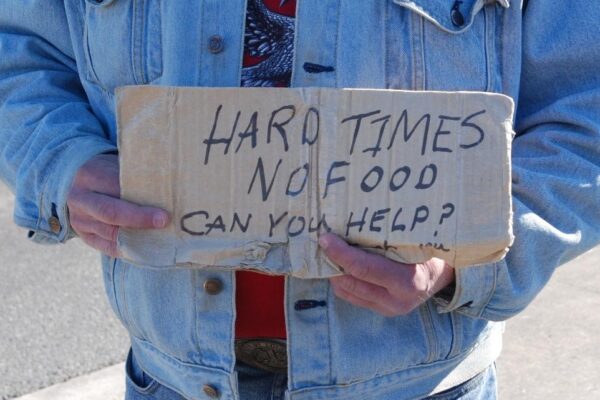The State Legislature is considering HB 4753, a bill that would prohibit certain types of services for unhoused people near schools and daycares. The bill relies on disproven and harmful stereotypes about unsheltered people and it offers no solutions to homelessness in our state. Below are five reasons why lawmakers should reject the bill and work instead to address economic inequality that causes people to lack shelter in the first place.
- Unsheltered people are no more likely than sheltered people to harm children.
The vast majority of adults who abuse children are in a position of trust – family members, clergy, coaches, etc. Ninety-three percent of children who are sexually abused know their abuser personally, according to the Rape Abuse and Incest National Network (RAINN). The notion that unhoused people present a greater danger to schoolchildren than anyone else is factually incorrect, stigmatizing, and harmful.
- Unsheltered people are actually more likely to be victims of violence.
Multiple studies have shown that unsheltered people are frequently the targets of violence. Furthermore, 20-25 percent of unsheltered people are considered mentally ill, compared to about six percent of the general population. People living with mental illness are also statistically more likely to be the victim of violence than the general public.
- Unhoused children and their families need to be able to access services and resources within reasonable distance of schools.
When we talk about unsheltered people, that includes kids. The fact is there were 9,508 unhoused children in West Virginia public schools from 2020-2021, according to the state Department of Education. School is just one resource kids need. It’s only logical to place the other resources they and their families need near their school.
- Providing services to unsheltered people is protected by the Constitution.
Multiple rulings, including one handed down just six months ago by the Eleventh Circuit, have held that individuals have a constitutional right to provide services to those in need. In that case, the City of Fort Lauderdale outlawed feeding unhoused people in city parks. The Eleventh Circuit Court of Appeals held that these acts — extending compassion and care to the unhoused — constitute “expressive conduct,” which is protected by the First Amendment. The city’s ban did not stand. This ruling and others are available to download below.
- These types of laws add to stigma about unsheltered people and make their lived experiences worse.
Unsheltered people already face tremendous stigma. That stigma can lead to violence by individuals and even government agencies. Rather than helping people get back onto their feet, West Virginia cities are bulldozing tent encampments and even spraying freezing-cold water on people’s belongings in the dead of winter. Better understanding the root causes of homelessness and creating more paths to housing will serve our communities better than passing legislation that falsely paints our neighbors as dangerous criminals.

